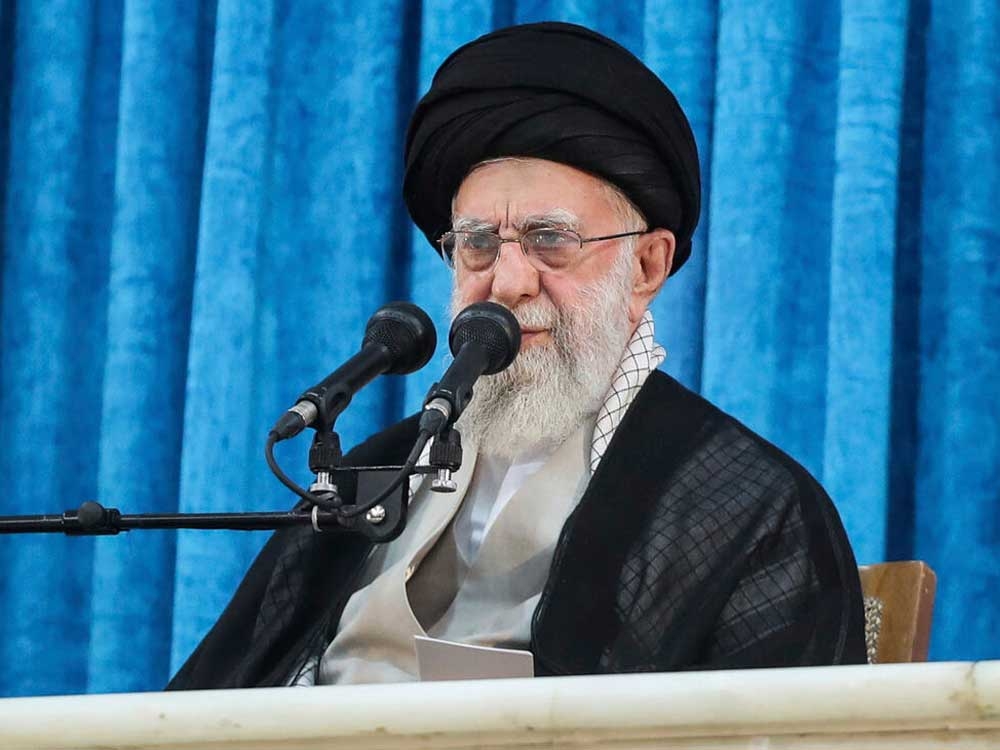In the context of escalating conflict between Israel and Iran, former U.S. President Donald Trump vetoed an Israeli proposal to assassinate Iran’s Supreme Leader, Ayatollah Ali Khamenei. The decision, confirmed by multiple U.S. officials, came amid Israel’s intensified military campaign against Iranian nuclear and military targets. Trump underscored the absence of Iranian attacks on American personnel as a key reason for rejecting the plan, while emphasizing a preference for diplomatic efforts to prevent further escalation. Israeli Prime Minister Benjamin Netanyahu remained noncommittal on the assassination plot but affirmed Israel’s commitment to national security. The ongoing airstrikes have resulted in significant casualties within Iran, complicating peace negotiations and prompting discussions of Russian mediation to de-escalate tensions.
Former President Donald Trump’s veto of the assassination proposal represents a significant moment in U.S.-Israeli relations during a period of heightened hostilities. According to officials familiar with the matter, the proposal for a targeted killing of Ayatollah Ali Khamenei was part of Israel’s broader strategy to curb Iran’s influence and halt its nuclear ambitions. However, Trump evaluated the geopolitical risks, particularly the potential backlash against U.S. interests in the region, and ultimately decided against authorizing any involvement.
Rationale Behind the Veto
Trump’s administration highlighted that Iran had not directly attacked American personnel or facilities, which influenced the decision to avoid provocative military actions. A senior U.S. official remarked that while Israel had legitimate security concerns, unilateral moves to assassinate Iran’s Supreme Leader risked triggering a wider conflict, potentially drawing the United States into an intensified war.
Israel’s Strategic Position
Israeli leadership has maintained a guarded stance regarding the assassination proposal. Prime Minister Benjamin Netanyahu did not confirm the existence of a plan targeting Khamenei but reiterated Israel’s firm commitment to defending its sovereignty and preventing Iran from achieving nuclear weapons capability. Israel has intensified airstrikes on Iranian-backed militias and nuclear facilities within Iran, signaling a readiness to escalate military efforts to neutralize perceived threats.
Impact on Regional Stability
The surge in Israeli operations against Iranian assets has led to significant casualties and heightened tensions across the Middle East. The escalating military exchange complicates diplomatic negotiations aimed at addressing the nuclear impasse and regional security concerns. In response to the deteriorating situation, discussions have emerged over potential mediation by Russia, which maintains strategic interests and ties in both Israel and Iran, with a view to de-escalate the conflict and prevent a broader war.
International Response and Future Outlook
The international community closely monitors the developments, emphasizing the need for restraint and dialogue. Analysts caution that any assassination attempt on a figure of Khamenei’s stature could have unpredictable and far-reaching consequences. Moving forward, the balance between military actions and diplomatic engagement remains delicate, as both Israel and Iran continue to assert their regional ambitions amid global powers’ involvement.
In summary, former President Donald Trump’s veto of the Israeli assassination proposal against Ayatollah Ali Khamenei reflects a cautious approach aimed at preventing further escalation in an already volatile Middle East. While Israel remains resolute in addressing the Iranian threat through military means, the decision underscores the complexities of U.S.-Israeli relations and the broader geopolitical risks involved. As airstrikes and retaliatory actions continue to shape the regional landscape, ongoing diplomatic efforts, including potential Russian mediation, will be critical to averting a wider conflict and promoting long-term stability.

